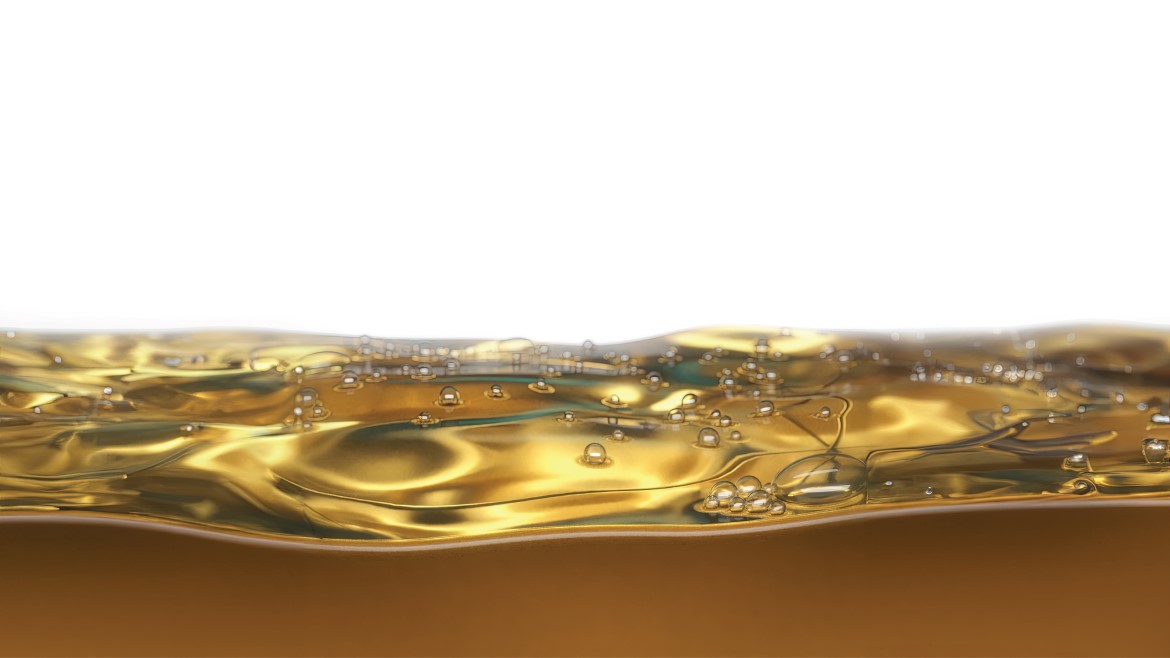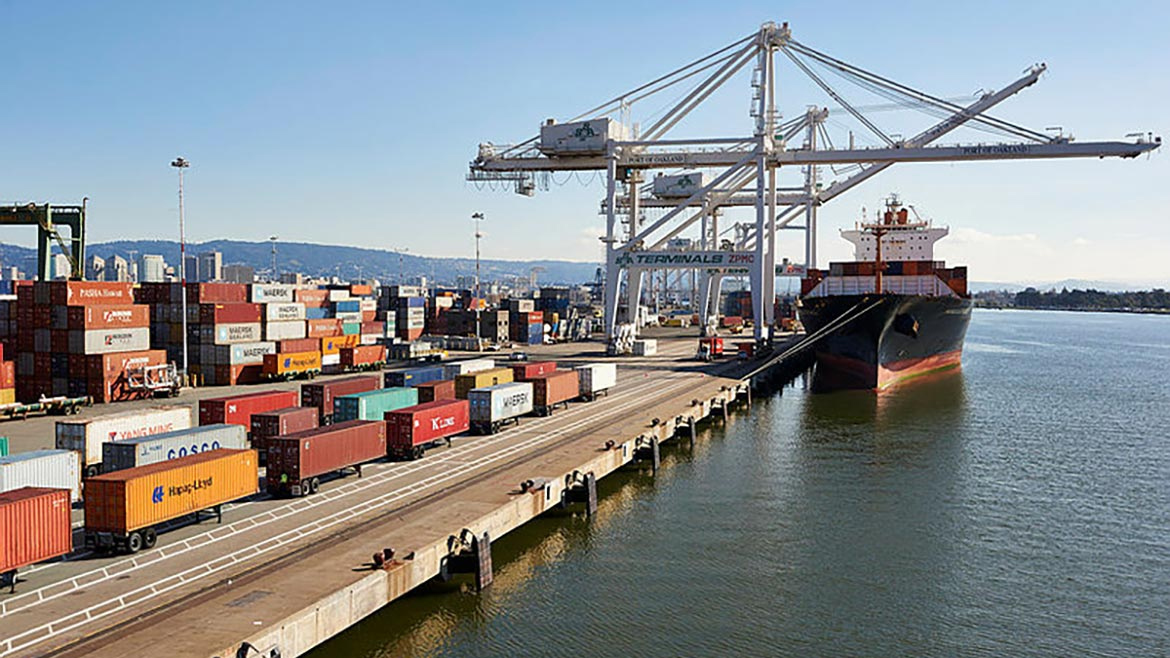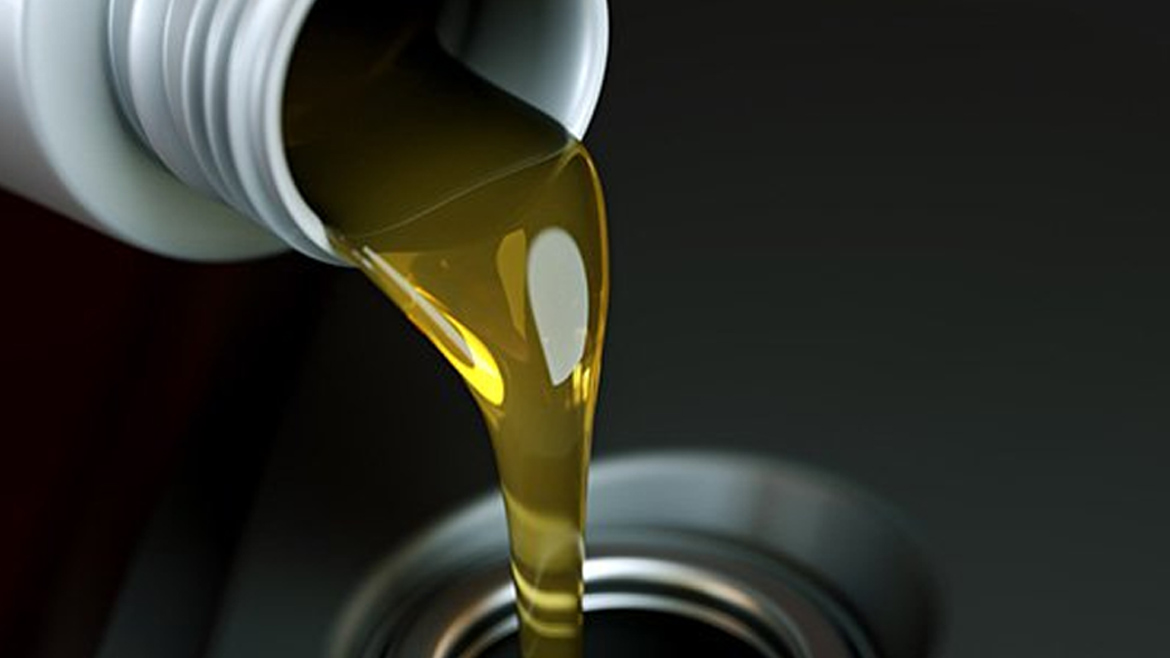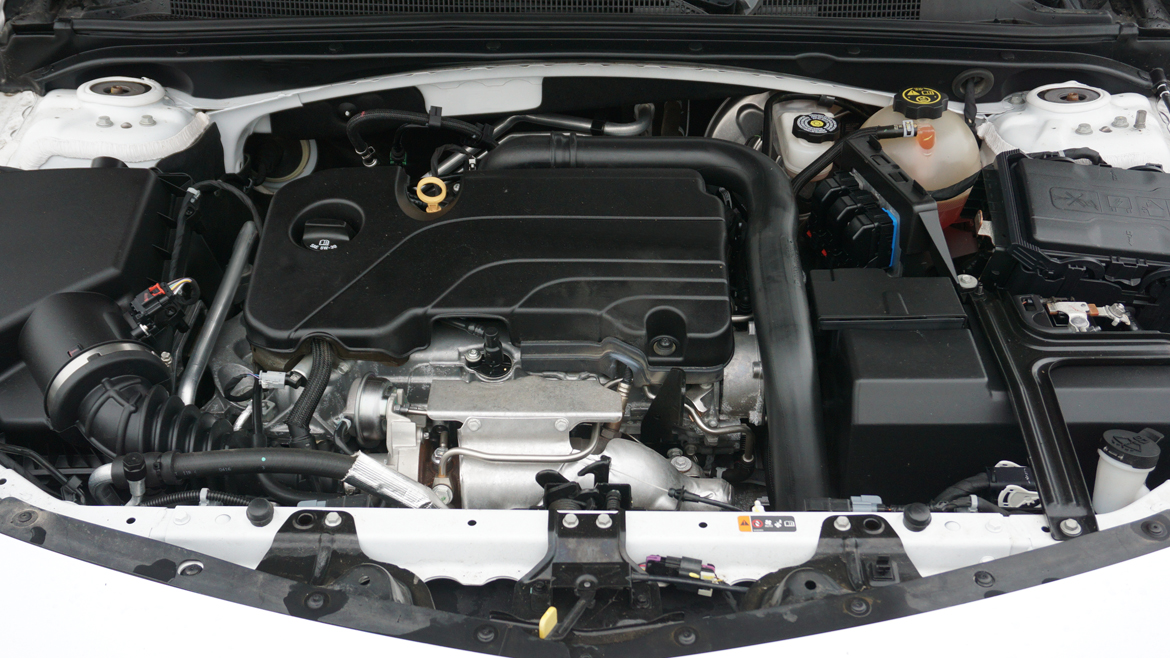Oct 7, 2021
Posted by Scott Halley, Director of Strategic Technology, Siva Konar, Managing Director, Africa
While uncommon in western countries for decades, major parts of the developing world relied upon leaded gasoline to achieve desired engine performance, despite the demonstrably negative health effects lead exposure can have.
That ended this year. In July, Algeria, the last remaining nation on earth still using leaded gasoline, used up its last remaining stockpile of the fuel. Thanks to the hard work of the Partnership for Clean Fuels and Vehicles (PCFV) and the United Nations Environment Program (UNEP), we can proudly say that as of 2021, the world is free of leaded gasoline.
At a time when the public is more concerned about environmental issues than ever, this is a major victory worth celebrating. The UN estimates that the worldwide elimination of leaded gasoline would stop 1.2 million premature deaths annually, and would generate as much as $2.4 trillion in global economic benefits each year. Since the introduction of leaded gasoline in the 1920s, low level lead exposure via the commonly used fuel, particularly in children, has been linked to lower IQs and lower socioeconomic status.
Leaded gasoline’s elimination is the story of close collaboration among fuels and lubricants industry leaders, governments around the world, and civil society organizations, and a testament to how ongoing advocacy for advanced, higher-performance fluids can quite literally change the world. Here’s how it happened:
Identifying the Threat
Lead was included in most gasoline sold around the world until the 1970s, when its health impacts came to be more commonly understood. According to UNEP, “By the 1980s, most high-income countries had prohibited the use of leaded petrol, yet as late as 2002, almost all low- and middle-income countries, including some Organisation for Economic Co-operation and Development (OECD) members, were still using leaded petrol.”
Following a landmark report about the ongoing impacts of leaded gasoline’s continued global use in 1999, UNEP began its sustained campaign to help eliminated the fuel product. To those ends, the PCFV was launched in 2002 to bring together stakeholders, provide technical assistance, raise awareness, overcome local challenges and resistance from local oil dealers and producers of lead, and to invest in refinery upgrades across the world’s regions. Lubrizol was one of the founding members of the PCFV, and contributed to the partnership’s success by helping to develop strategic plans, set priorities and goals and conduct additional foundational work.
One of the earliest of the PCFV successes was the elimination of leaded gasoline in sub-Saharan Africa by 2006, a clear demonstration that focused advocacy could have real impact. By 2008, only a handful of difficult-to-access countries were still known to use leaded gasoline. The PCFV actively worked with governments to help make the transition from leaded to unleaded fuels throughout their territories. It took continued effort to achieve the results we have witnessed this year.
“I truly believe that the elimination of leaded gasoline throughout the world is one of the greatest public health advancements of the last quarter century,” said Rich Kassel, who directs the Clean Energy and Sustainability group at Capalino, and who has worked closely with Lubrizol and the PCFV since its formation. “This is a milestone that will allow people in communities across the globe to lead longer, healthier and more prosperous lives.”
Continuous Progress
Eliminating leaded gasoline is progress—but creating a more sustainable future depends on continuing to advocate for higher-performance fluids around the world.
“That a UN-backed alliance of governments, businesses and civil society was able to successfully rid the world of this toxic fuel is testament to the power of multilateralism to move the world towards sustainability and a cleaner, greener future,” says Inger Andersen, Executive Director of UNEP. “We urge these same stakeholders to take inspiration from this enormous achievement to ensure that now that we have cleaner fuels, we also adopt cleaner vehicles standards globally – the combination of cleaner fuels and vehicles can reduce emissions by more than 80%.”
To those ends, Lubrizol and Kassel have spearheaded work within the PCFV for the past several years to advocate for elevation of higher-performing lubricants throughout countries where there are a large number of used, imported vehicles. As these vehicles are imported at higher rates into new markets, local availability of higher-performing fuels and lubricants is essential to those vehicles operating as efficiently as possible. The application of the right lubricant for the right vehicle is critical.
Lubrizol’s work with the PCVF and UNEP is a part of our commitment to environmentally-responsible, sustainable solutions for our customers, employees and communities. For more information, contact your Lubrizol representative.









